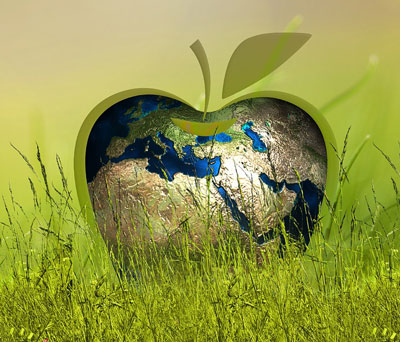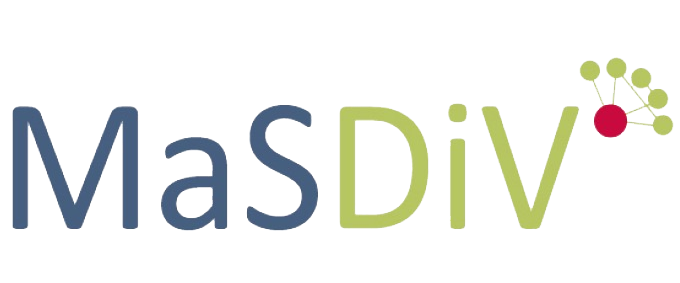|
Can the earth feed us? Investigation of a text on eating meat. A Parrise/MaSDiV classroom activity |
|
165 views
|
| About MaSDiV Materials | |
Classroom materials for STEM |

|
 Abstract Shortage of food on a global scale is increasing every day as the size of the worlds' population grows. In addition, climate change raises new and future problems for local food production. Food shortage has no simple, straight forward solution. Possible solutions should encompass not only political and environmental issues, but also multicultural issues such as differences in culture, religion and diet. Food is a necessity in the life of every student and therefore relevant and easy to relate to. The context promotes students' multicultural thinking and fundamental values. Copyright/Creative Commons Materials are published under the CC BY-NC-SA 4.0 license. 
|
Lesson activities
|
Curriculum content - Food shortage - Climate change - Food production - Dietary choices Discipline - Mathematics ✓ - Biology ✓ - Physics - Chemistry - Engineering Target group - Primary Education - Lower Secondary Education ✓ - Upper Secondary Education Age range 11-15 Duration 50 min. Documents Credits NL  Claire Boerée and Amy Mol, Utrecht University |

